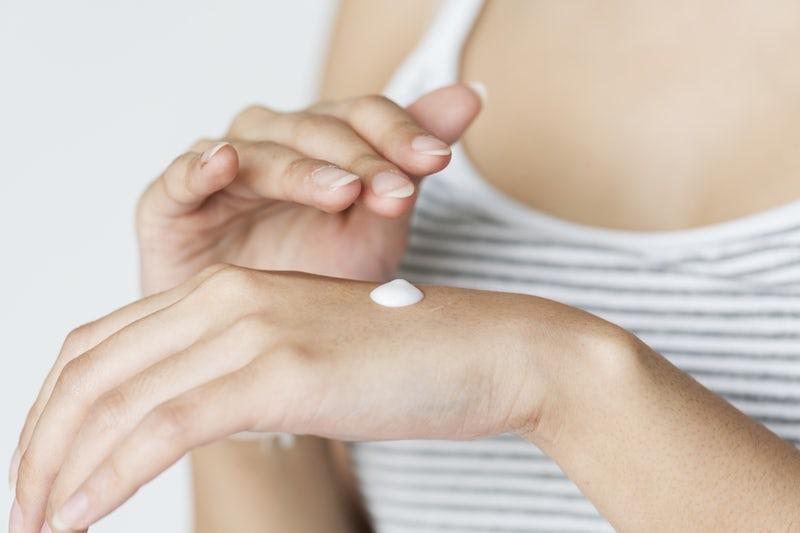
Warning Signs of Skin Cancer

Did you know that skin cancer is the most common cancer in the United States? It is estimated that one in five Americans will develop skin cancer in their lifetime. As dermatologists, we diagnose approximately 9,500 people with skin cancer every day. The number one risk factor for skin cancer is UV light. The good news is that UV exposure is also the most preventable risk factor for all skin cancers.
February is National Cancer Prevention Month, which makes it an ideal time to get your skin checked by a board certified dermatologist. Dr. Holly Hanson, board certified dermatologist in the Twin Cities, Minnesota at Associated Skin Care Specialists, is an expert in detecting early signs of skin cancer. If skin cancers are caught early, they are very treatable.
Changes in Your Moles
Most moles are benign and should not change significantly over time. It is normal to develop new moles, growths, sun spots and freckles throughout life. However, moles that grow, bleed or change shape need to be evaluated quickly by a dermatologist. Moles that change could be cancerous.
The vast majority of skin cancer deaths are from melanoma. Melanoma is a type of skin cancer that typically presents as an abnormal mole.
When observing your moles, it is easiest to look at your skin after getting out of the shower in front of a full length mirror. It is recommended that you look for the ABCDEs of abnormal moles that suggest melanoma:
A: Asymmetry. Look at your moles as 2 halves. If one side does not match another, it could be a sign of melanoma.
B: Borders. Look at the edges of your moles. Is the mole round? Are the edges ragged, notched, blurry or irregular? Those can be signs of melanoma.
C: Color. Does the mole have a single color or multiple colors? Multiple colors or black can be signs of melanoma.
D: Diameter. Is the mole bigger than the size of a pencil eraser or 6mm? That can be a sign of melanoma.
E: Evolving. Any moles that are visually changing in size, shape or regularity need to be evaluated by a board certified dermatologist.
If you notice any new, suspicious growths, contact Dr. Holly Hanson right away.
Spots that Don’t Heal
The most common types of skin cancer are non-melanoma skin cancer, or basal cell carcinoma and squamous cell carcinoma. These skin cancers are highly curable if detected early and treated properly by a board certified dermatologist.
Warning signs of non-melanoma skin cancer can be subtle.
Things to look for include:
- “pimples” that aren’t healing over 1 month
- Raised red patches or bumps
- Spots that hurt, burn, or bleed spontaneously
- Rough, scaly wart-like bumps
- Bumps that look like scars without a history of skin trauma
The Good News
The good news is that early detection leads to treatable skin cancer. Dr. Hanson encourages everyone to perform regular skin self-exams to check for signs of skin cancer. Dr. Hanson will make individual recommendations as to how often a person needs a skin exam based on risk factors, including UV exposure, skin type and family history.
Dr. Hanson, board certified dermatologist at Associated Skin Care Specialists, is an expert at skin cancer screenings. To schedule a spot evaluation or skin cancer screening, call today or book an appointment online.
You Might Also Enjoy...


How do I protect myself and my family from the sun?

Does Fraxel Laser Treatment Hurt?

COVID-19 Update

New Years Resolution? Consider Cooltone!


